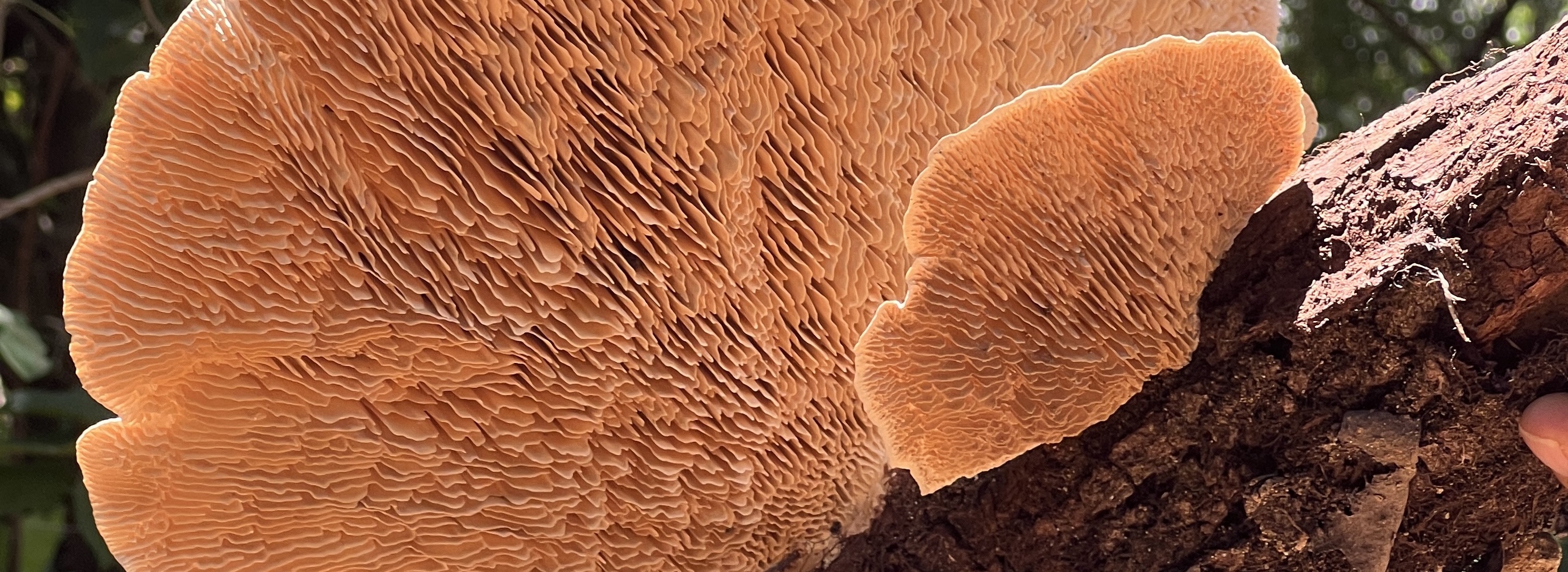
Monteverde Institute: Tropical Ecology and Conservation
Alternative Title
Influencia del pH del suelo sobre la abundancia de las micorrizas en una plantación de Coffea arabica (Rubiaceae)
Files
Download Full Text (334 KB)
Publication Date
May 2011
Abstract
Soil pH can have a large effect on the growth and fitness of plants. Coffea arabica (Rubiaceae) is an extremely important crop for the economy of Costa Rica. Coffee plants become more susceptible to the detrimental infection of Mycena citricolor, a fungus, with lower pH. pH can also have an effect on Vesicular-Arbuscular Mycorrhizae (VAM) amounts in the roots, therefore limiting the mutualistic fungus’s ability to help increase plants growth. Previous studies have also shown that M. citricolor increases closer to the forest, while mycorrhizae decrease slightly. This study, in Cañitas, Costa Rica, shows that pH increased significantly with distance from the forest but never exceeding 6.5. Mycorrhizae showed only a slight trend towards increased abundance in the center of the plot. This suggests that increased pH creates a better environment for mycorrhizae and decreased M. citricolor infection. Common garden seedling experiment also supports this: pH 7 is the optimal pH growth for the coffee plants. pH 7 had a larger increase diameter growth and a higher number of mycorrhizae per root than acidic and basic conditions, however, all seedling heights were similar. These results are helpful to coffee farmers because it indicates that by increasing the soil pH of coffee plots to 7 they can have a better crop growth.
Resumen
El pH de los suelos puede tener un gran efecto en el crecimiento y el éxito reproductivo de las plantas. Coffea arabica (Rubiaceae) es un cultivo muy importante para la economía de Costa Rica. Las plantas de café se vuelven más susceptibles a la infección causados por el hongo Mycena citricolor a pH bajos. El pH también puede tener un efecto en la cantidad de Vesículas-Arbusculares de Micorrizas (VAM) en las raíces, limitando así la capacidad mutualística de ayudar en el crecimiento de la planta. Estudios previos han demostrado además que M. citricolor aumenta cerca del bosque, mientras que las micorrizas disminuyen un poco. Este estudio realizado en Cañitas, Costa Rica muestra que existe un aumento significativo en el pH al aumentar la distancia al bosque, pero nunca superior a 6.5. Las micorrizas muestran solo una leve tendencia a aumentar su abundancia en el centro de la cuadrícula. Esto sugiere que un aumento en el pH crea un mejor ambiente para las micorrizas y disminuye las infecciones causados por el hongo. Un experimento con plántulas también apoya esto: el pH de 7 es óptimo para el crecimiento de plantas de café. El pH de 7 tiene un mayor diámetro de crecimiento y un mayor número de micorrizas por raíz que los suelos en condiciones ácidas o básicas, sin embargo, el tamaño de las plántulas fue similar. Estos resultados son de gran importancia para los caficultores ya que indica que al aumentar el pH de los suelos a 7 ellos pueden tener una mejor cosecha.
Keywords
Soils, Coffee plantations, CIEE Spring 2011
Palabras claves
Suelos, Plantaciones de café, CIEE Primavera 2011
Extent
9 pages
Geographic Location
Cañitas (Guanacaste, Costa Rica)
Holding Location
Monteverde Institute
Language
English; Spanish
Media Type
Articles
Format
Digital Only
Identifier
M39-00243
Type
Book
Recommended Citation
Stahl, Sarah, "Influence of soil pH on abundance of mycorrhizae in a coffea arabica (Rubiaceae) plantation, May 2011" (2011). Monteverde Institute: Tropical Ecology and Conservation. 335.
https://digitalcommons.usf.edu/tropical_ecology/335


